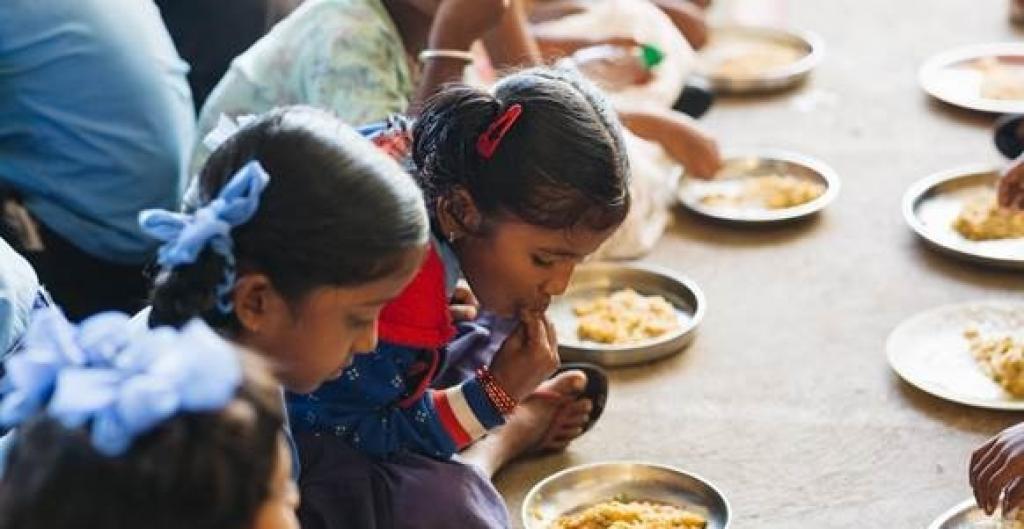Read full article By Arabinda K Padhee, Joanna Kane-Potaka @DownToEarth PC: Liam Wright, ICRISAT
pandemic. Medicines can’t fix our immune systems; our lifestyle and what we eat will only help. Several new initiatives such as Eat Right and Smart Food have enhanced demand for healthier and nutritious foods.
India is a nutri-basket of nutri-dense plant-based foods. We need to ensure these are safe, accessible and affordable to all.
Even before the present pandemic, demand for natural and organic products in India was on the rise. Availability of organic food stuff and products grown under natural systems (of agriculture) has increased manifold. This is manifested by very steep growth in market share of natural (and ayurvedic) products and a corresponding alignment to the trend by competing with multinational companies.
The general observation is that the aspirational consumers are going back to nature and natural products to live healthier and longer.
The prevalence of malnutrition in India as revealed from the National Family Health Survey (NFHS) and the latest Comprehensive National Nutrition Survey (CNNS) needs special attention from policymakers to address the complex challenge. Empirical studies indicate that malnutrition contributes to most of the country’s child deaths, as well as disability in adults.
The CNNS data showed that overweight, obesity, and even early non-communicable diseases, are no longer confined to the adult population. Saving the productive populations of the future requires a serious focus on nutrition. The lockdown during the COVID-19 pandemic has raised serious concerns on reduced access to nutritious foods by the vulnerable sections of the society.
The environmental trade-offs from agricultural intensification through green revolution technologies are now well-recognised. Depleting water resources; loss of biodiversity and soil degradation / desertification are immediate concerns in the food production systems.
With the climate change looming large, now exacerbated by the COVID-19 pandemic, the government needs to reorient agriculture policies to make the food systems sustainable, while meeting the food security and nutrition challenges for a growing population.
What could drive such a change? How could public policies ensure that safe and nutritious foods are made available, accessible and affordable to the vulnerable sections of the society? How can public policies in unison ensure the farming of more nutritious and safe foods while also sustainably managing the environment’s natural resources? What could be the pathways to incentivise this food systems transformation?
As mentioned earlier, post-COVID-19 offers a unique opportunity to seize the moment and repurpose policies towards a food system that is resilient and sustainable.

